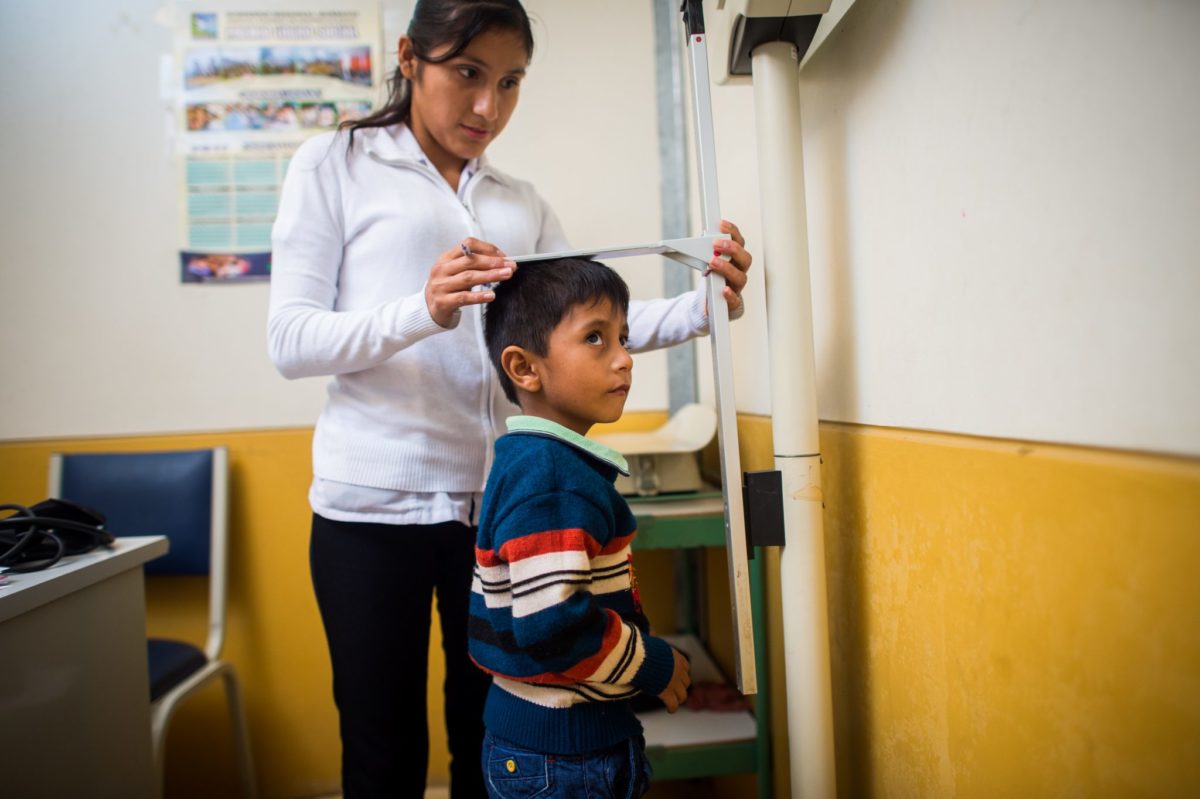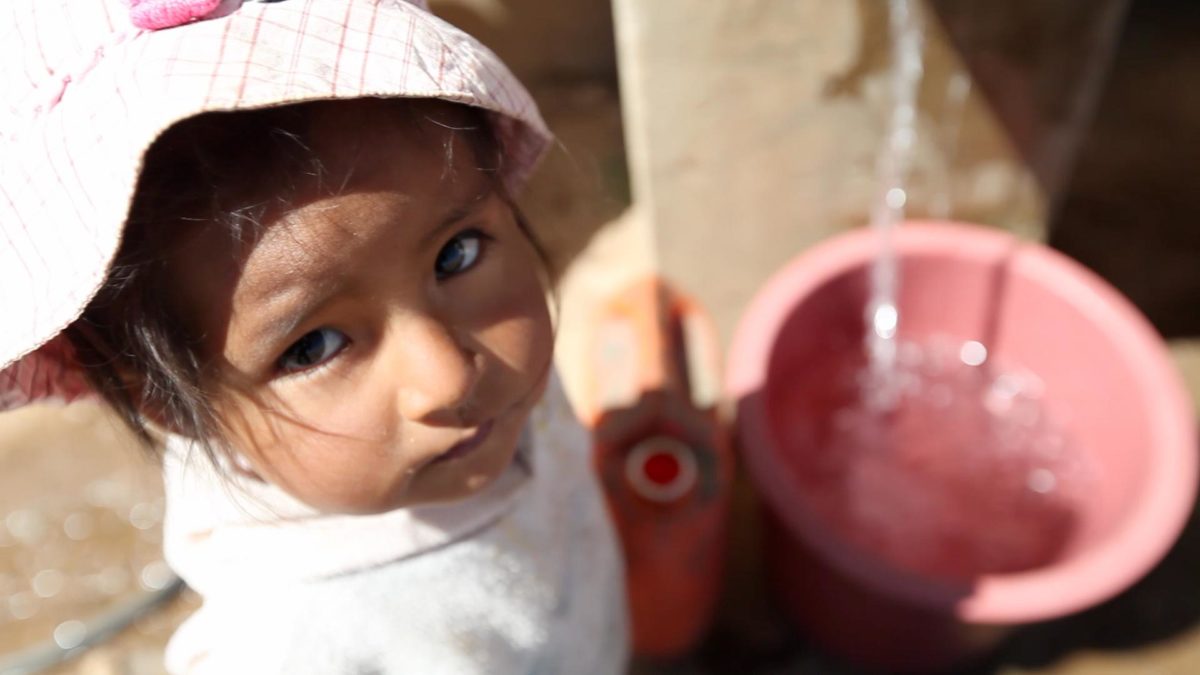From Cradle to Career: The Lifelong Impact of Early Nutrition on Minds and Futures
In the intricate dance of human development, the first 1,000 days emerge as a period of unparalleled significance, shaping the destinies of individuals and the key to unlocking potentials that extend far beyond childhood. During this crucial period, nutrition takes center stage, weaving a narrative that profoundly shapes not only the health and well-being of individuals but also the trajectory of entire generations.
Cognitive Development and IQ
Scientific evidence consistently underscores the foundational role nutrition plays in cognitive development and education, making the profound impact on future generations ever clearer. A child’s brain begins to grow very early on in pregnancy and develops at an astonishing speed. At the 4th week of pregnancy, the brain has an estimated 10,000 cells—by the 24th week, it contains 10 billion. The nutrition that a baby gets from its mother through her diet is the fuel that drives much of this incredible transformation.
The occurrence of malnutrition in the first 1,000 days can hinder brain development, leading to long-term cognitive impairment. Studies show that malnutrition-related delays in cognitive development are associated with up to an 18-point reduction in expected IQ. Additionally, peers. This isn’t a just statistical figure; it translates into tangible consequences for individuals, societies, and economies.
Importantly, these differences persist from adolescence through mid-life, even for those who physically recover from malnutrition. An 18-point reduction in IQ is more than an entire standard deviation (IQ SD = 15 points), equating to a significant impact on an individual’s ability to contribute to society long-term.
Investing in nutrition during the first 1,000 days becomes a strategic move to unlock the full cognitive potential of the next generation. It’s an investment in future creators, inventors, workers, and problem solvers who can drive societal progress and innovation. The implications of this investment ripple across sectors and economies, transcending individual outcomes to shape the very fabric of a nation’s intellectual capital.
“When you’re well nourished in your first 1,000 days, you grow taller, your brain development is better, you therefore complete more schooling and you add to your country’s economy. Across a population, this means huge shifts in better health and productivity, lifting families out of poverty, and boosting the prosperity of entire communities and nations.”
Bill Gates, Co-Chair of the Bill & Melinda Gates Foundation
Education: The Bridge to a Brighter Tomorrow
Nutrition isn’t just about physical health; it’s a cornerstone of educational success. Well-nourished children not only exhibit better concentration and cognitive abilities but also demonstrate increased attendance and participation in educational activities. The nexus between malnutrition and educational outcomes is a critical aspect that demands our attention. Children who undergo severe malnutrition, especially during the first 1,000 days, complete an average of 4.64 fewer years of schooling than their well-nourished peers. Those who experience severe malnutrition and remain in school often face challenges, performing more poorly and taking longer to complete each grade.
Children who experience stunting, a consequence of malnutrition, score significantly lower on math and English tests, even when controlling for cognitive ability. The impact on learning processes, likely due to reduced focus and micronutrient deficiency, underscores the holistic nature of the challenge. Even mild episodes of malnutrition in utero, even in developed countries, can lead to significantly lower educational performance.
Amidst the intricate tapestry of this narrative lies a pivotal thread on gender equality. Education becomes the key for girls aspiring towards a brighter future, representing one of the most critical investments in building a world where gender equality flourishes. Each additional year of schooling not only enhances a woman’s earnings by 10-20%, but it also acts as a catalyst for achieving financial independence, gradually closing the gender-based earning gap. A stark reality persists today, with over one billion women and girls lacking access to the adequate nutrition essential for their survival and flourishing. Bridging this “gender nutrition gap” becomes not only a matter of nourishing bodies, but also of empowering minds towards a more equitable future.
The Economic Toll of Malnutrition
Malnutrition is not just a health concern; it is an economic imperative. Research from the World Bank reveals a staggering reality – individuals facing malnutrition can lose up to 10 percent of their annual earnings due to reduced education and productivity. More alarmingly, they are 33 percent less likely to escape poverty as adults. This revelation underscores the urgent need for a paradigm shift in our approach to nutrition, viewing it not only as a health intervention but as an economic driver, the key to unlocking the cycle of poverty and the lifelong consequences rooted in malnutrition.
The linkage between nutrition and future development outcomes is profound. Nutrition programming, particularly during the first 1,000 days, becomes the cornerstone for lifelong health, educational attainment, wages, and livelihoods. It is a holistic investment that not only improves individual well-being but also fortifies economies, fosters resilience to global shocks, and builds grey matter infrastructure – that is the infrastructure our children’s bodies and minds need to grow, learn, and thrive.
Investing in nutrition in the first 1,000 days is not just a moral imperative; it is a strategic move to ensure that children reach their educational potential. By addressing the root causes of malnutrition and fostering an environment conducive to learning, we pave the way for a brighter and more educated future generation that can positively impact our society and economies. As we invest in the nutrition of the youngest members of society, we are, in essence, investing in the intellectual capital of our future workforce and leaders.
In conclusion, the first 1,000 days represent a unique and invaluable opportunity to shape the trajectory of individuals, societies, and economies. Nutrition, as the linchpin connecting health, cognitive development, and education, becomes the catalyst for a brighter tomorrow. As we navigate the complexities of global development, let us recognize the transformative power of nourishment in building minds, nurturing futures, and fostering resilience in the face of global challenges. We call on everyone to join us and invest in nutrition.






 A
A 